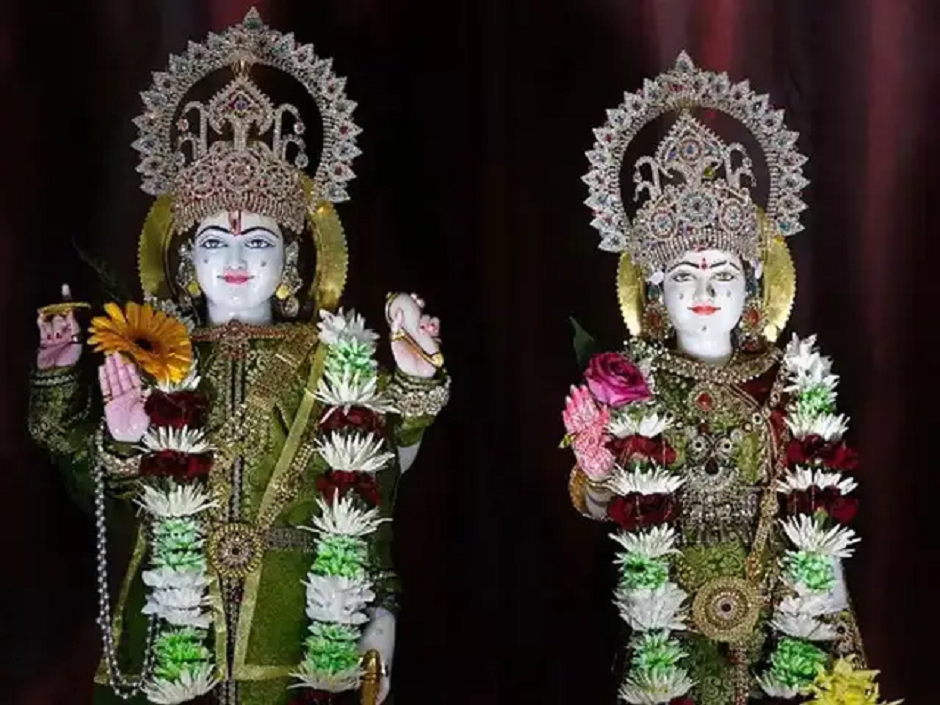Why Certain Trees Are Prohibited in Making Hindu Idols: Know the Sacred Reasons
- bySagar
- 22 Apr, 2025

Not All Wood Is Sacred: Trees That Are Forbidden for Idol-Making in Hinduism
In Hinduism, idol-making is not just art—it’s a sacred science guided by strict spiritual and scriptural principles. Among these, the type of wood used plays a vital role. Using the wrong kind of wood for crafting an idol is not only discouraged, but also considered spiritually inauspicious, leading to ineffective or even harmful worship.
🚫 Types of Wood Prohibited in Idol Making:
-
Acacia (Babool)
Considered impure and tamasic in nature. Its sharp thorns and dry nature symbolize aggression and are thus deemed unfit for divine idols. -
Neem (Azadirachta indica)
Though sacred and medicinal, neem wood should only be used if ritually purified. Without proper sanctification, it’s unsuitable for idol-making. -
Palash (Flame of the Forest)
Used in yajnas, but not ideal for carving idols as it is brittle and easily breakable. -
Mango Wood
The mango tree is considered holy, but its wood is not suitable for idols. It is preferred for offerings and rituals like havan, not for carving. -
Shami and Bael (Bel Tree)
Spiritually revered trees, but not used in idol construction. Their leaves are often used in puja, especially in offerings to Lord Shiva. -
Trees from Cremation Grounds or with Insect Nests
Wood from trees growing in or near cremation sites, or those with ant or snake nests, is strictly forbidden due to associations with death and negativity.
✅ Woods Recommended for Making Idols:
-
Sandalwood (Chandan)
Highly sacred and aromatic. Ideal for idols of Lord Vishnu and Lord Krishna. Symbol of purity and divinity. -
Teakwood (Sagwan)
Strong and durable. Endorsed in scriptures for general idol-making. -
Shwetark (White Madar Plant)
Especially sacred for crafting idols of Lord Ganesha. Rare and spiritually potent wood.





